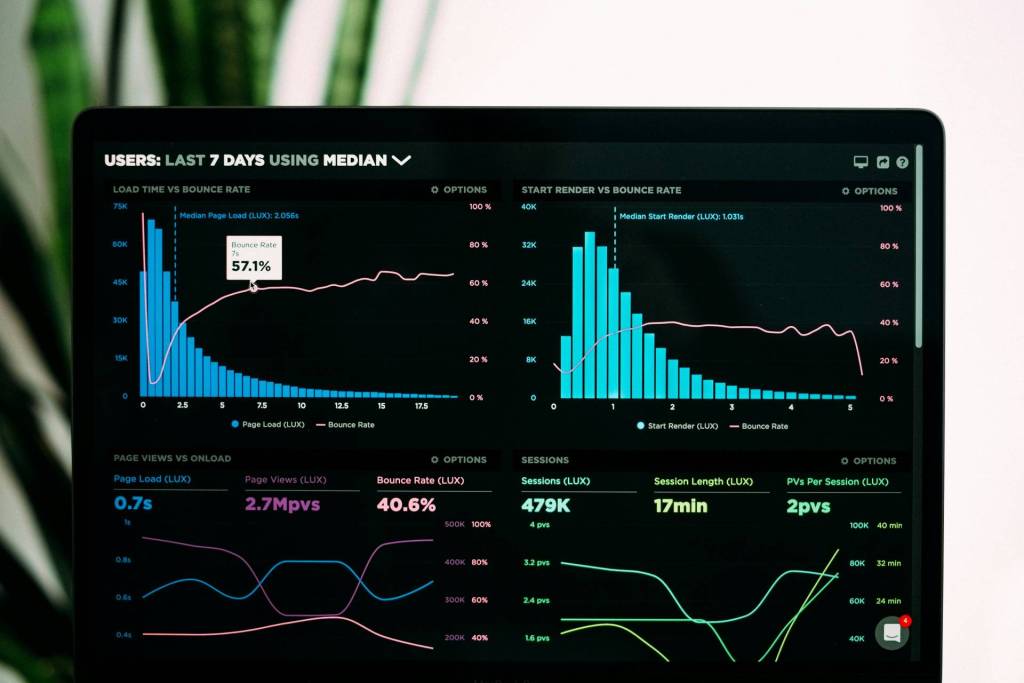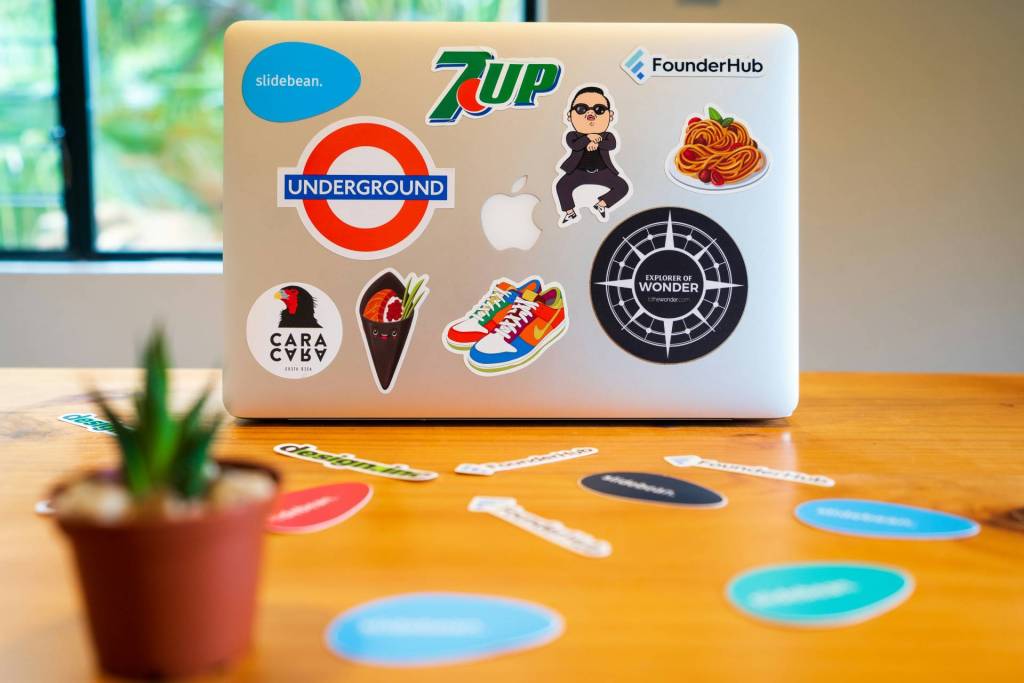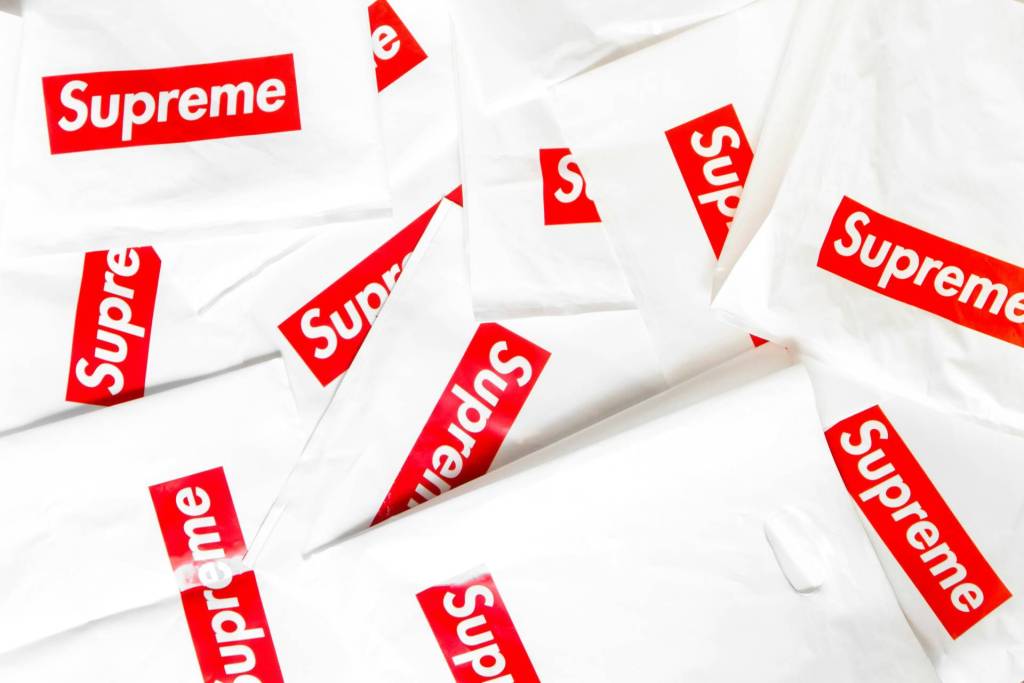A marketing platform is a mass communication tool that allows you convert subscribers (readers/fans) into leads. Marketing, by definition, uses a mix of place, product, promotion and price to create a transaction between a buyer and a seller. It’s not about brand awareness or customer support. The focus of a marketing platform is to drive revenue for a company. You, as a personal brand, may sell products (books, magazines, whitepapers) and services (consulting, workshops, speaking) on your website. A marketing platform, therefore, would help you drive people to your website and then convert them into leads and then to buyers.
Twitter is no longer a viable marketing platform.
I’m saying this as a very heavy user that tweets about ten to twenty times per day and has an 80,000 person following.
The logic
Every single day, the value of Twitter as a marketing platform will decrease because more and more people are following more and more people, so your message get’s lost. Let’s say you have one hundred thousand Twitter followers. If each of these followers now follows one thousand people, that means only a small percentage, who are logged in at that time, will actually see your tweet. Then, only a very small percentage will click a link from your tweet to the corresponding website.
The trickle down effect
- You tweet a message.
- Only users who are active on Twitter at that time CAN see the tweet.
- Only a small number of THOSE active followers will have it come up on their radar depending on how many people they are following.
- Only a small number of THOSE active followers who saw the tweet will engage with it, and possibly either retweet it or click a link.
As you can see, as more people are added to the overall Twitter platform, and people continue to follow mass amounts of Twitter users, your message get’s lost. It doesn’t matter how many Twitter followers you have because the conversion won’t increase.
Key point: It’s not about your follower number, but everyone else’s follower number, when it comes to marketing on Twitter.
The facts
The following statistics will show you the growth of Twitter, why people aren’t keen on advertising on Twitter (the way in which you would make money), and the low activity level of users on the platform. One conclusion I’ve made is that relationships aren’t reciprocated on Twitter because people are using it as a mass communications system (which doesn’t work!).
- 106 million registered users (Chirp Conference)
- Growing by 300,000 new users per day (Smash Summit)
- 88% of marketers use Twitter (SocialMediaExaminer)
- 71% of Twitter users don’t want to see “promoted tweet” advertising (Twitter Sentiment Report)
- 88% of the connections on Twitter aren’t reciprocal (Korea’s Advanced Institute of Science and Technology)
- 87% of all Americans are now aware of Twitter — up from 5% in 2008 — but only 7% of the population actually use it (Edison Research)
- 7% of people are active on Twitter (Edison Research)
The real applications
Instead of using Twitter as a marketing platform, try these applications:
- Customer support: people are already talking about you, so why not interact with them? It’s been proven again and again that customers are demanding that companies and people engage online. If you fix a customer complaint, then it will prevent a possible viral forest fire.
- Brand awareness: If you look at the statistic above, 87% of people are aware of what Twitter is. For you, as a brand, if you stop tweeting, your face will stop showing up, but your competitors faces won’t. There is an opportunity cost to completely dropping Twitter.
- Job searching: Stop using job boards and start locating jobs and hiring managers on Twitter that can actually help you get a job.
- Networking: If you’re specific in who you want to build relationships with, Twitter is the best platform to do so.
- Creating buzz: By giving away something for free to some exclusive content, you can use Twitter to get people talking.
- Recruitment: I believe everyone in the world is a recruiter, whether you have a job, or work in the HR department or not. You can use Twitter to locate people that you want to partner with, hire, or refer, very easily.
- Researching: By using the Twitter search function, you can find out what people are saying about you, competitors, partners, etc.
- Build perception: By having a large number of Twitter followers, it’s easy to grow your network and open doors because you’re perceived as “famous,” or “worth speaking to.”
Which social networks convert
As a business owner, I’m starting to think more about conversion, ROI, and other metrics. Based on experimenting with social networking, I see email converting the most, and Twitter the least. I’m still measuring Facebook, so I’ll have an opinion on that network soon.
Twitter isn’t a marketing platform because there’s no loyalty and the time it takes you to follow someone else is almost zero seconds. When you sign up for an email newsletter, it takes at least a half of a minute to fill in two or more fields (name and email address typically). People who work harder to be part of your marketing list are worth more, and the probability they will convert into customers is higher.
How to move from Twitter to higher conversion platforms
First, let me be clear that I’m not saying that you should stop tweeting altogether. What I am saying is that if you’re trying to make money, you will need to start looking at Twitter as a brand awareness platform instead of a marketing database.
- Create a blog and/or email newsletter.
- Leverage your current reputation and network on Twitter to start pushing people daily to your blog and/or email newsletter.
- Tweet about five other pieces of valuable content on Twitter each day to balance off your self-promotion.
- Repeat.
If you can start tweeting less, like I will be doing soon, and start using what you already have to build your blog and email newsletter assets, you will be more successful. Remember that an email subscriber is worth five times as much as a blog subscriber and ten times as much as a Twitter follower. Taking all things into account, I’d rather have 5,000 email contacts than 100,000 Twitter followers.
Your turn
Have you been using Twitter as a marketing platform? What results have you gotten?













